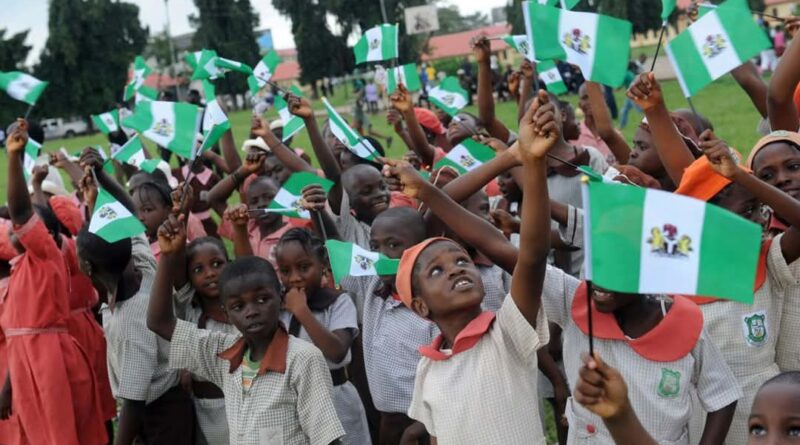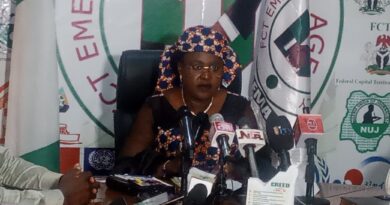Children’s Day: Tinubu Vows To Protect Nigerian Children
Every May 27, Nigeria pauses to celebrate its future—its children. This year, President Bola Tinubu used the occasion to send a powerful message of hope, protection, and commitment to every Nigerian child.
In his Children’s Day address, the president described children as the “heartbeat of our nation’s future”. He said they hold the promise of tomorrow and must be protected at all costs.
A Clear Stand Against Bullying
The 2025 theme, “Stand Up, Speak Up: Building a Bullying-Free Generation”, couldn’t be more timely. According to President Tinubu, bullying—whether physical, emotional, or online—has no place in today’s Nigeria.
Citing global figures, he noted that more than one in three children face bullying regularly. In Nigeria, it’s estimated that around 65% of school-age children have experienced some form of abuse. He called these numbers unacceptable.
“A child who learns in fear cannot learn well. A child who grows in fear cannot grow right,” he said.
ALSO READ: Rev Azzaman David: A Bold Voice of Faith Gone Too Soon
Renewed Hope for Every Child
The president reaffirmed that child protection is a core priority under his Renewed Hope Agenda. He mentioned the recently launched National Plan of Action on Ending Violence Against Children (2024–2030). This plan offers a clear roadmap to prevent abuse, punish offenders, and support affected children.
Beyond that, the government is reviewing key laws like the Child Rights Act (2003) and the Violence Against Persons Act (2015). The goal is to expand protections, close enforcement gaps, and ensure children across all 36 states are covered.
Fighting Digital Harm Too
Online safety also featured in his message. Tinubu stressed the full enforcement of the Cybercrime Act to combat cyberbullying, exploitation, and abuse in digital spaces.
He praised the fact that all Nigerian states have now domesticated the Child Rights Act—a strong signal of nationwide commitment to child welfare.
Laws Aren’t Enough
But the president didn’t stop at legal reforms. He emphasised that real change also depends on families, schools, faith leaders, lawmakers, and everyday citizens.
“We need a culture where every child feels safe, respected, and heard,” he said.
The federal government is now scaling up the Child Protection Information Management System (CPIMS). This tool helps track and respond to abuse cases quickly and effectively.
In addition, the Ministry of Women’s Affairs is leading community campaigns, training child protection workers, and promoting awareness to end harmful practices.
A Bigger Vision for Tomorrow
Tinubu announced plans for a new national framework focused solely on child protection and development. This framework will strengthen accountability and coordination among agencies responsible for child welfare.
In closing, he urged Nigerians to put children at the centre of national planning. That includes budgeting, policy-making, and daily decisions.
“Let this Children’s Day be a turning point,” the president said.
“No child should suffer in silence. No child should be left behind. Every child deserves to grow in peace, dignity, and love.”
President Tinubu’s message goes beyond celebration. It’s a call to action. Protecting Nigerian children isn’t just a government task—it’s everyone’s responsibility.
Content Credit: Ajibola Emmanuel
Image Credit: Society.com




